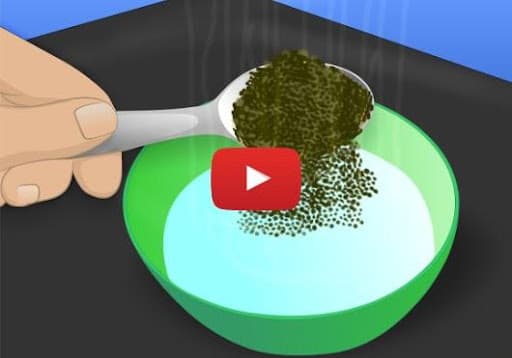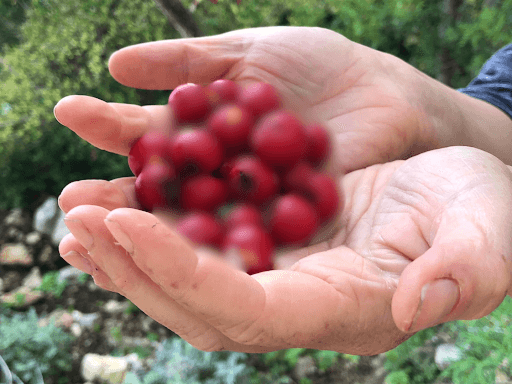AVOID THIS COMMON CLEANING PRODUCT that INCREASES THE RISK of PARKINSON'S DISEASE BY 500%
In 1817, English doctor James Parkinson first described the symptoms of a debilitating condition, which was later named Parkinson's Disease. Marked by tremors, muscle rigidity, and balance problems, the disease primarily affects older individuals due to the progressive degeneration of dopamine-producing neurons in the brain.
Parkinson's Disease is currently recognized as the fastest-growing neurological disorder globally. Approximately 10 million people are affected worldwide, with cases doubling over the last 25 years. This surge is attributed not only to the aging population but also to environmental factors, characterized by wide exposure to harmful chemicals.
Although tremors are a hallmark of Parkinson's, they are not the sole symptom. Patients often experience a "pill-rolling" tremor, muscle rigidity, slowed movements, and imbalance. Additional symptoms include emotional changes, speech difficulties, and micrographia, where handwriting becomes notably smaller.
Diagnosing Parkinson's primarily involves identifying symptomatic presentations along with neurological testing. In some instances, treatment with medications like levodopa can temporarily alleviate symptoms. However, a comprehensive treatment plan often incorporates physical therapy, psychotherapy, and lifestyle adjustments.
Exercise and a well-balanced diet, particularly following the Mediterranean or MIND diets, can help in delaying the onset of Parkinson's Disease. Regular physical activity boosts brain health, while a diet rich in antioxidants and healthy fats supports overall neurological function.
- Physical activity enhances dopamine production and supports neural growth.
- Diet should prioritize whole foods and limit processed ones to maintain optimal brain health.
- Staying socially engaged and managing stress through relaxation techniques contribute to brain resilience.
Parkinson's Disease remains a growing concern worldwide, underscoring the need for increased awareness, advanced diagnosis techniques, and preventative strategies. By encouraging better health and environmental practices, it is possible to manage existing conditions more effectively and reduce future risks.
From Around The Web
Wellness Inbox is a blog & weekly newsletter that curates trending news and products related to health and wellness from around the web. We also gather content from various sources, including leading health professionals, and deliver it directly to you.
Please note that we may receive compensation if you purchase any products featured in our newsletter. Wellness Inbox is not affiliated with, nor does it endorse, any health professionals whose content may appear in our newsletter. The information provided is for general informational purposes only and should not be considered medical advice.
The information provided is not intended to replace professional medical advice, diagnosis, or treatment. All content, including text, graphics, images, and information available is for general informational purposes only. We do not guarantee the accuracy or completeness of any information presented and assume no liability for any errors or omissions. The content is subject to change without notice. We encourage you to verify any information with other reliable sources and consult your physician regarding any medical conditions or treatments.







